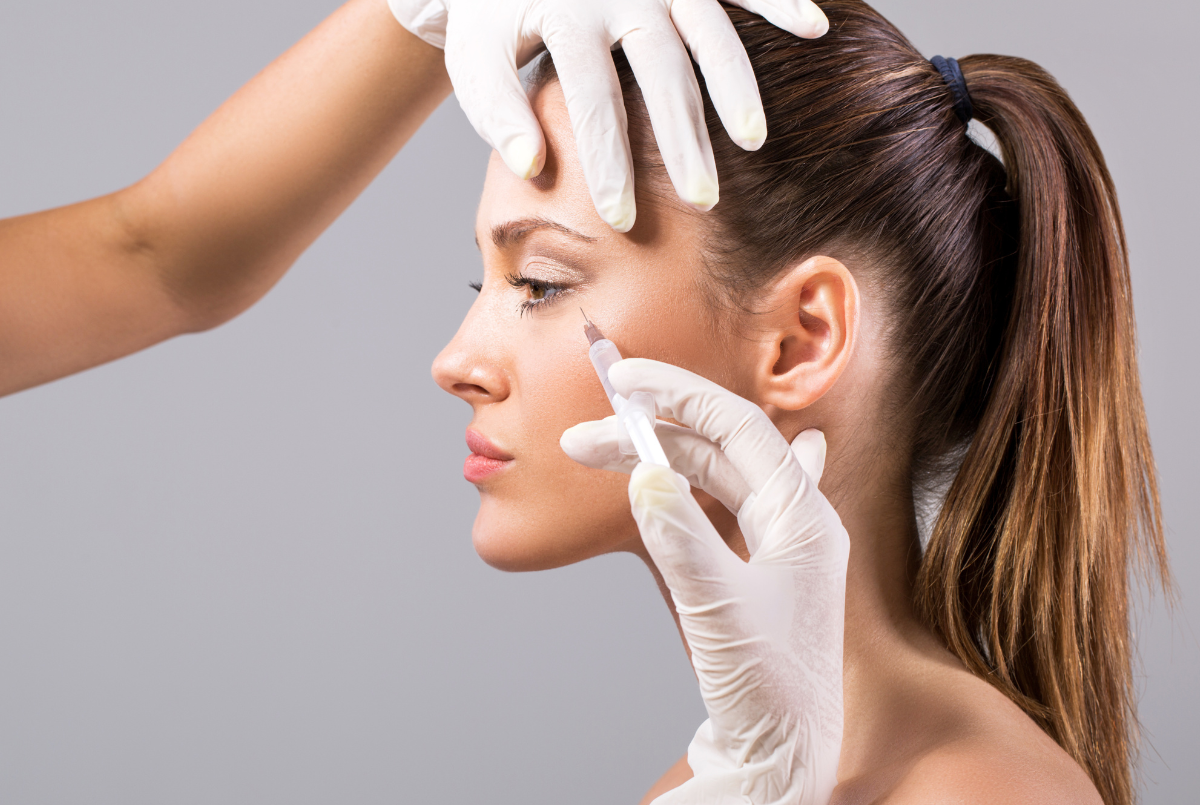
How to Treat Depression with Botox
Botox® injections do more than erase the signs of age or prevent you from feeling painful migraines — they can alleviate depression as well — a study confirms.
Botox® injections improve appearance by relaxing muscles that cause wrinkles. These injections also treat medical conditions, including migraines, hyperhidrosis, overactive bladder, and eye problems. To maintain results, treatments should be repeated every three to six months.
With more than 260 million people worldwide suffering from depression, treatment for depression isn’t effective for nearly one third of these people, even when they stick to their treatment plans and tolerate the medications, according to the study, which published Thursday in the journal Scientific Reports.
This shortcoming has led doctors to explore alternative treatments, such as Botox® injections. Can Botox® injections really treat or ease depression? The research looks promising.
Treating Depression with Alternative Treatment
Depression is a mood disorder that causes a persistent feeling of sadness and loss of interest. Also called major depressive disorder or clinical depression, it affects how you feel, think, and behave and can lead to a variety of emotional and physical problems.
The rise of treatment-resistant depression has researchers exploring other alternatives. Botox® may be a reliable candidate. Some studies suggest that Botox® may be able to block feedback between your nerves and the amygdala — the trigger in your brain that’s linked with fear, anxiety, anger, and depression.
Other experts believe the improved mood is tied to preserving your appearance, which may instill a sense of confidence and hope. A 2021 study suggests that Botox may alter your brain chemistry after an injection.
Scientific Reports Study on Botox® and Depression
Researchers at Skaggs School of Pharmacy and Pharmaceutical Sciences at University of California San Diego have mined the U.S. Food and Drug Administration (FDA)’s Adverse Effect Reporting System (FAERS) database to see what nearly 40,000 people reported happened to them after treatment with Botox for a variety of reasons.
In the 2020 study published in Scientific Reports, it was discovered that individuals who received Botox® injections — at six different sites, not just in the forehead — reported depression significantly less often than patients undergoing different treatments for the same conditions.
“For years, clinicians have observed that Botox injected for cosmetic reasons seems to ease depression for their patients,” stated Ruben Abagyan, PhD, professor of pharmacy. “It’s been thought that easing severe frown lines in forehead region disrupts a feedback loop that reinforces negative emotions. But we’ve found here that the mechanism may be more complex, because it doesn’t really matter where the Botox is injected.”
